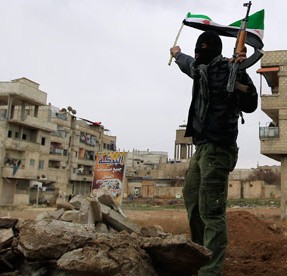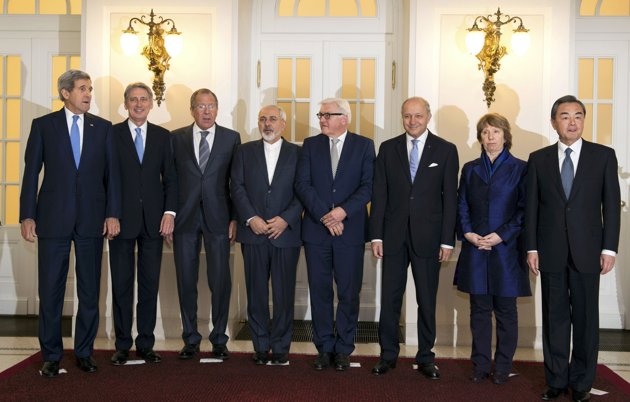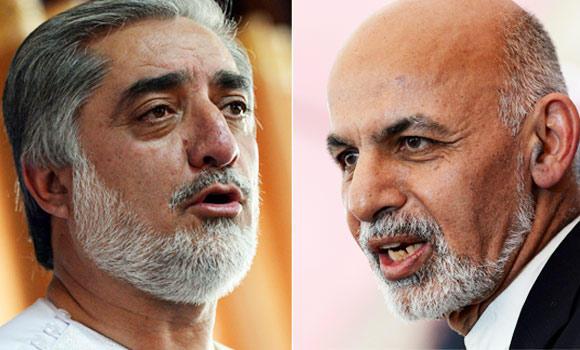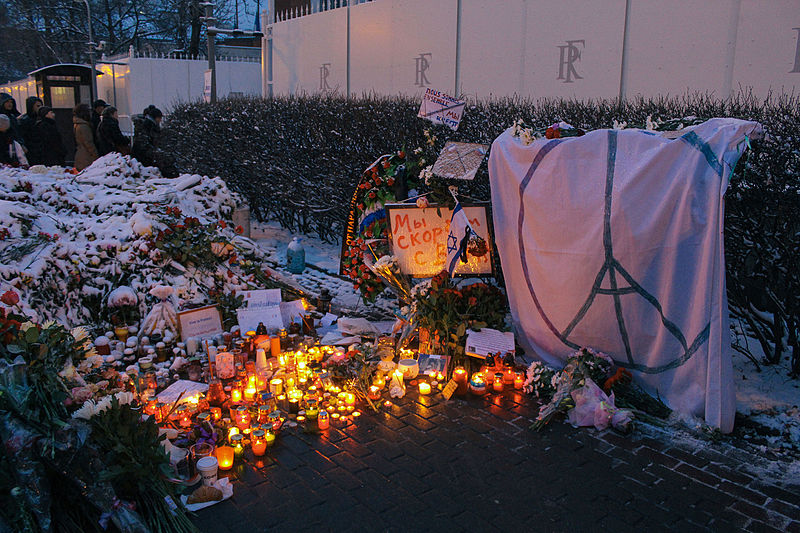By: Alexander Corbeil
In a defiant speech Tuesday, President Bashir al-Assad addressed supporters at Damascus University. While promising a multitude of reforms, Assad lashed out at protestors and the international community. The Syrian president promised to restore order by, “hitting terrorists with an iron fist.” Continuing the regime’s ongoing rhetoric of foreign conspiracy and international subversion of the protest movement, Assad blamed “outside planning” for the uprising. The president increased the scope of this so-called conspiracy to include the Arab League.
Assad harshly condemned the regional bloc during his speech on Tuesday, highlighting a shift in the regime’s approach to the league and its observer mission. Assad continued the verbal assault Wednesday in a speech to supporters in Damascus’ Umayyad Square. The Syrian leader said that the league had “failed for six decades to take a position in the Arab interest,” and that “the Arab League without Syria suspends its own Arab identity,” referencing the league’s suspension of the country in November due to on-going human rights abuses. The Syrian National Council (SNC), which has not been spared of criticism, was quick to respond to Assad’s Tuesday speech. The leader of the SNC, Burhan Ghalioun described the address as an “incitement to violence”. Describing Assad’s remarks as a “rupture with the Arab environment,” Basma Qadami a member of the SNC called for the United Nations to stop the killing of innocent Syrian civilians. Qadami said that the next step for the SNC is to approach the Security Council with the cooperation of the Arab League in order to formulate measures to bring the Syrian crisis to an end.
In a meeting with Qatar’s Prime Minister, Secretary of State Hillary Clinton responded on Wednesday to Assad’s speech. The Secretary of State went on to say that the USand its Arab allies are awaiting the final report of the monitoring mission due 19 January. Clintoncontinued, “We cannot permit Assad and his regime to have impunity,” calling Assad’s televised address, “chillingly cynical’. Mrs. Clinton’s reaction comes as the US diplomatic mission in Damascus is scaling down due to increased violence, the inability of diplomats to meet with Syrian officials, and tensions created by Assad’s claims of foreign conspiracy.
Arab League mission
In another blow to the reputation of the Arab League, Anwar Malek a member of the mission to Syriaresigned, calling the operation a “farce”. In an interview with Al Jazeera, Malek described the presence of snipers and tanks in restive urban areas. He stated that the Assad regime refused to meet any requests of the Arab League and that many events were staged in order sway the opinion of observers. Malek believes the Assad regime has gained a considerable amount of time by stalling monitors. In the harshest criticism of observer actions, Malek highlighted that many of the observers tried to remain on good terms with the regime, denying the presence of the snipers.
Eleven monitors were lightly wounded in Latakia when their vehicle became surrounded by demonstrators who broke the car’s windows and beat monitors. In response, the head of the Arab League, Nabil El-Araby rejected “any pressure or provocation from any party, be it the government or the opposition.” Given the tenuous relationship between the league and the Assad regime, especially after the president’s remarks, it is quite possible that more violent attacks on monitors may occur.
In light of these attacks the Arab League has stalled the deployment of monitors to Syriaciting security concerns. This setback comes as Qatar Prime Minister al-Thani spoke out against the mission, stating that he believed the possibility of success to be minimal.
United Nations Security Council discusses Syrian crisis
The crumbling of the Arab League mission comes as the United Nations Security Council heard the report of Under-Secretary-General for Political Affairs Lynn Pascoe. The Under-Secretary presented a grim picture of the current crackdown on pro-democracy protestors. She stated that since the Arab League mission began 400 civilians have been killed at a rate of around 40 per day. This represents a large increase in the number of daily deaths before Arab League observers enteredSyria on 26 December.
Israel’s offer
Israel’s military chief Lieutenant-General Benny Gantz stated at a parliamentary hearing that, “On the day that the (Assad) regime falls, it is expected to result in a blow to the Alawite sect. We are preparing to take in Alawite refugees on the Golan Heights.” This comes in the wake of Israeli Defence Minster Ehud Barak’s statement last week that Assad would not see the end of next year. According to the International Crisis Group, Israel’s intelligence depth in Syria is lacking in comparison to that of Turkey or Saudi Arabia, so it is unclear if Israeli statements are accurate. That being said, analysts believe that it seems more likely that Gantz’s remarks were intended as a jab at the Assad regime, that the Israelis would offer security to Assad’s people after he is unable to do so.
Russian and Iranian arms
Two arms shipments to Syriahave been stopped this week by officials in neighboring countries in an attempt to stem the rearmament of forces loyal to Assad. Turkish customs officers intercepted five trucks of Iranian origin at a border crossing with Syria that officials believe were carrying military equipment. The Turkish government has reportedly sent military experts to examine the contents of these vehicles to determine if Iran has attempted to break the Turkish embargo on Syria. Turkey, once a close ally of Assad, has implemented an arms embargo against Syria in light of the regime’s violent crackdown on civilians. Enforcing a European Union arms embargo against Damascus, Cyprus on Wednesday announced that Cypriot officials had diverted a Russian-chartered ship carrying, “tons of arms” to Syria. While the ship’s owners, the Russian conglomerate Westberg Ltd. promised to change the ship’s destination, the Chariot arrived at the Syrianport ofTartus, a main resupply point for Russian warships, thus violating the EU embargo.
Further Readings:
Syrian Leader Vows ‘Iron Fist’ to Crush ‘Conspiracy’; Assad Speech Draws West’s Outrage; Assad Vows Victory, Syria Accused of War Crimes; Observing the Observers ; Al Jazeera’s Syria Live Blog; Assad’s Speech ‘Incitement to Violence’: Syria Rebels ; Arab Observer Calls Syrian Mission a ‘Farce” ; Arab League Condemns Attack on Observers ; UN says Syria has ‘Stepped up Killings’; Israel Prepares for Fall of Assad, Syrian Refugees ; Will Assad’s Supporters Flee to Israel? ; Turkey Holds Trucks Taking Suspect Iranian Cargo to Syria ; Russian Gun Boat Bolts for Syria Despite Assurances




